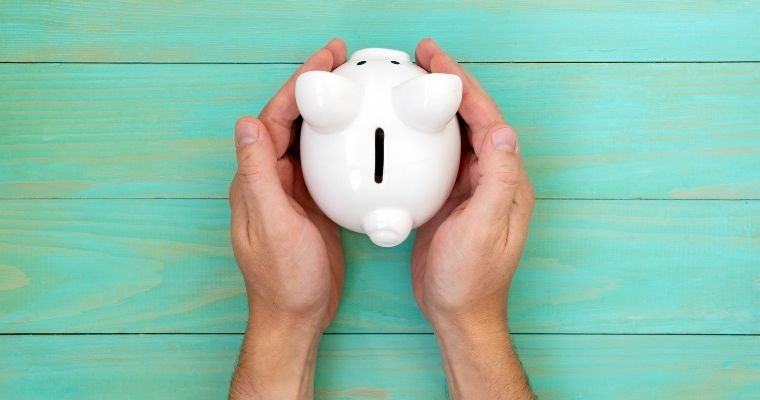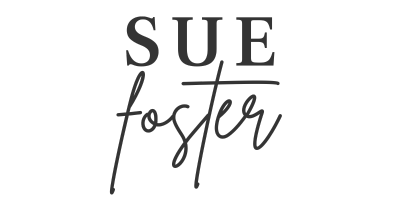It’s no secret that many individuals have a hard time saving enough money. You might say you’ve got your utility bills, car or student loans, and groceries to pay for. Or, you want to enjoy your life to the fullest by spending here and there. But if you want to achieve financial freedom, you’ll need to be more mindful of how you spend and manage your money. The best fix for this is to give the money you earn a job.
By doing that, you can start building healthy money habits that will help you manage your money better, grow your savings, and reach your goals. To help you in this matter, I’ve listed below the top places where your money needs to go after getting paid.

Retirement fund
If you are currently employed, be sure to contribute first to your retirement plan before anything else. Some available options include 401k and 403b. You literally have free money if your employer matches your contributions, so make sure to pay for it when you get paid. You can also set up automatic deductions from your paycheck if you want to.
Apart from the benefit of employer match, your income tax can also be reduced as you’re paying pre-tax money. You can start with 5% to 15%. Increase your savings once your earnings increase. Having a retirement plan is basically you paying yourself. So, pay yourself first!
Checking Account
Not entirely a savings account, but it is the best place to store your disposable income. You can consider it your ‘money hub,’ where you get money for your everyday and monthly expenses or savings transfers. In general, checking accounts come with debit cards, ATM access, and check-writing privileges. You can transfer, withdraw, or deposit money from this account at any time.
On top of that, most banks nowadays offer waived fees for account holders who can maintain the required minimum balance. While there a few checking accounts that provide pretty decent yields, it’s not advisable to make it your primary savings account.
Needs and Necessities
Always budget your money by considering your actual needs or necessities. These can include food, utilities, house rent, car loan or transportation, and so on. Avoid splurging on sales and discounts you come across online or when out shopping. Practice a habit of mindful spending by taking a pause and thinking before you purchase anything.
Do you really need that item? Do you need to have it now? Ask yourself a few relevant questions and wait for at least two weeks or 30 days. If you still think you need to get that item after the wait, then get it. You can also set a budget for guilt-free spending as your necessities. Don’t deprive yourself of what you earn, or you’ll lose the motivation to save.
High-Yield Savings Account
This type of savings account is recommended if you’re looking to grow your money without losing easy access to it. Depending on the options available to you, you can typically find high-yield savings accounts that offer about 1% annual percentage yield. Other traditional checking accounts offer just about 0.01%.
A high-yield savings account can also allow you to access your funds whenever you need it with certain restrictions, such as a limit of six transfers or withdrawals per month. Again, this might depend on the provider or updated bank requirements. Be sure to check with your chosen bank or provider from time to time if you’ll need to use the money for a home repair or emergency expense.
Specialty Savings
People have different financial goals that they want to reach. This is where setting multiple savings accounts for each of your goals comes in. Instead of having a catch-all mindset for your extra money, set specific purposes for your income. Examples of speciality savings accounts are emergency funds, personal funds, Health Savings Accounts, Roth Individual Retirement Accounts, and savings for your child’s education insurance or other needs.
You can open or find these accounts at banks, investment or insurance companies, or credit unions. Setting speciality accounts can help you save money easily or even grow it for little to no maintenance fees.
Take note that the things outlined above are just some of the best places to put your money. You can also add more or cut ones you don’t need, depending on your financial status. But regardless of what your short-term or long-term financial goals are, remember that the only way to attain them is if you learn to take control of your finances and give your income a purpose. Start taking charge of your personal finance today!


